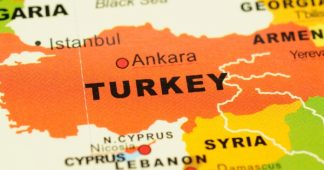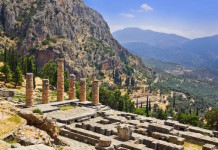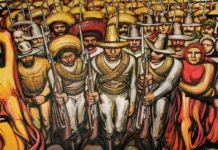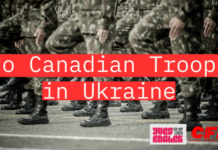By Semih Koray
Aug 12, 2020
The latest report of the Rand Corporation expresses clearly who the United States supports and opposes in Turkey. The Greater Middle East Project was announced clearly with its own “map”, explaining which countries would change their borders. Such “maps” aim to reshape political polarization with the tools of “threats” and “rewards”, whether these maps show physical or human “geographies”. The US plans to put “both the carrot and the stick” into effect from the beginning of the process. For this reason, the documents and reports that lead or declare US policies are being organized in accordance with this format.
INFECTIVITY OF THE THREAT-REWARD AXIS
On the other hand, the effectiveness of the threat or reward depends on the power of the planner. America long maintained its image of being “the sole power that reshaped the future” after the collapse of the Soviet Union. During this period, it was the “soft” power which this image has provided, that made the “upfront declaration of the carrot and the stick” relatively effective.
The United States has been in a period of rapid recession for more than a decade. America has attributed this recession to the “rise of Eurasia”. Thus, their political response boils down to the prevention of the rise of Eurasia. This is the reason why the People’s Republic of China and the Russian Federation have been included in the enemies list in the latest document of the US National Security Strategy, which was announced by Trump in 2017. When the objective turns into “destruction” rather than “building”, the rewards that the United States can promise to the forces it is trying to mobilize in its own direction have started to blur, and the “threats” it uses against the anti-American forces have lost their effectiveness.
THE NEW AXIS: PROVOCATIONS AND TRAPS
The search for a solution in this new situation has also deepened the polarization within the United States, and is reflected in the “rewards and threats” strategy, which has long been a part of their policies. This is evident in the fact that in many cases the “process” has become more important than the “result” to America. The criteria for success in the plan to “bring the CHP, IYI Party, Davutoglu, Babacan and the HDP-PKK together”, which is explained in the Rand report, is no longer for that front to take control of the government, focusing instead on maximizing the damage it can do domestically. The strategy is more a provocation which aims to deepen the chaos, rather than get results.
Similarly, the United States does not consider it an achievable goal to completely prevent Turkey’s shift towards Eurasia. America is looking for some other options in the region to replace its military presence in Turkey, especially at the Incirlik Air Base. The goal of the United States is now to slow down our country’s shift towards Eurasia, and in the meanwhile to make sure that it wears down and loses its energy, both internally and externally. Therefore, it is not a coincidence that Turkey has faced political traps in every area, something which has been intensifying recently. The center of US policies towards Turkey has shifted from “threats and rewards”, to the axis of “provocations and traps”. While provocations are given for the pro-American powers, “traps” are being deployed against the anti-American powers. Moreover, these provocations and traps are deployed in order to escalate one another.
CONCEPT FRAUD
Our nation now faces problems that can only be resolved if the whole nation comes together. It is vital for the future of our country not to get involved in these provocations and not to fall for these traps. Both the provocations and the traps can only succeed by disturbing the existing tendencies. “Moderate Islam, Instead of Kemalism”, was the invention of a period when America was strong and when the “threats-rewards” mechanisms were still functioning. Today, this has been replaced by fraud regarding ideas related to Ataturk. At the basis of these provocations on the homefront is bringing Ataturk’s ideas into a Westernist Tanzimat mentality, although this strategy is ultimately rooted in anti-Ataturk sentiments.
Even the fact that the United States is looking for a way to disturb our country by subjecting Ataturk’s such fraud, clearly shows us that he is the fundamental figure in our history whose values unite the nation. Holidays are special occasions to strengthen national unity. I celebrate our past Eid al-Adha, and wish our nation success in its fight against the provocations and traps.
* Semih Koray received his Ph. D. in Mathematics from Boğaziçi University in 1980. He has several articles published in journals such as Social Choice and Welfare, Review of Economic Design, Journal of Economic Theory, Econometrica and Semigroup Forum. Koray acted as the coordinating editor-in-chief and an associate editor of Review of Economic Design, as the President and Secretary General of the Association of Southern European Economic Theorists, as the Chair of the Turkish Mathematical Olympiad Committee, as a member of the International Mathematical Olympiad Advisory Board, and as the President of the Foundation for Economic Design. Koray’s research interests focus on economic and social design, game theory and social choice theory. Koray is currently the Deputy President of the Patriotic Party – Turkey in charge of the International Relations Bureau. He also has several articles on political and social issues published in the monthly periodicals Teori and Bilim ve Ütopya, along with writing in a weekly column on Eurasian Alternative in the daily newspaper Aydınlık.










